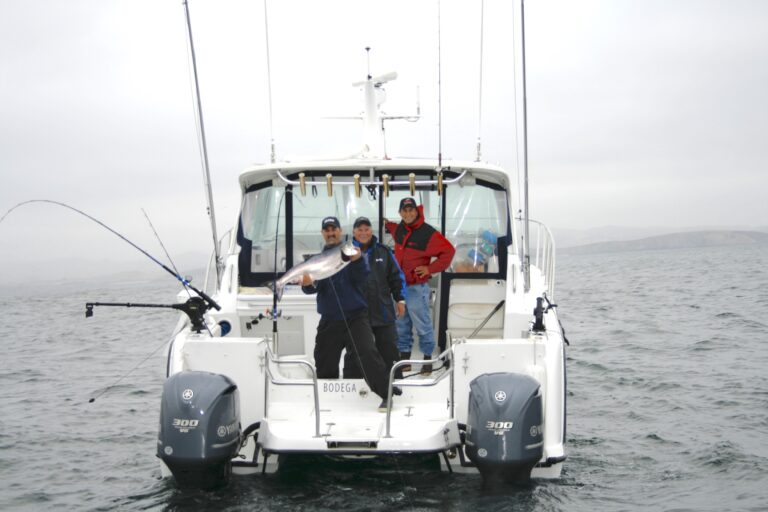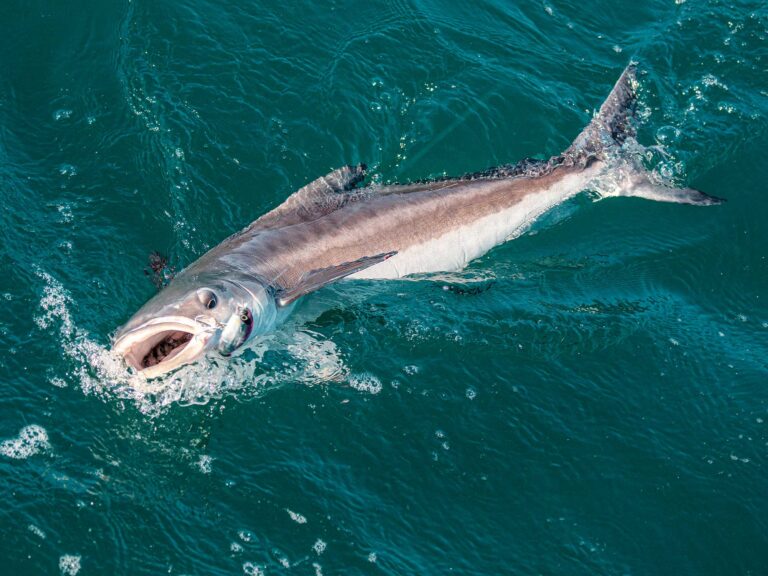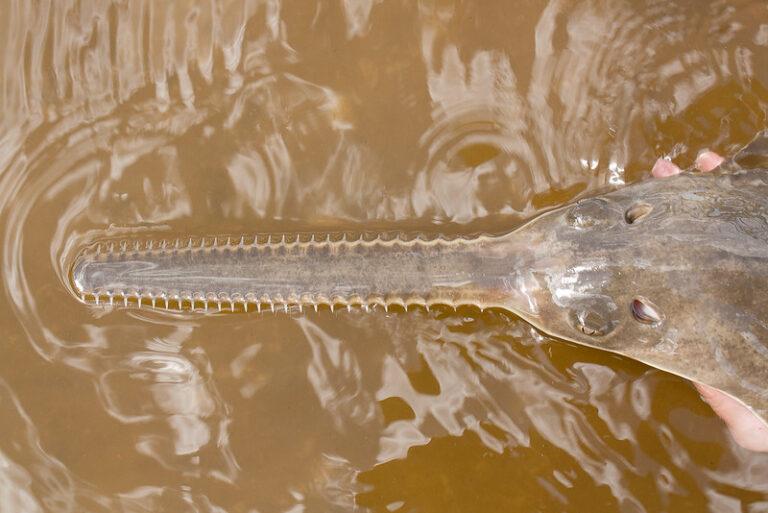
Now I’ll admit that I am a little naive and basically too trusting of people, or maybe more precisely, too trusting of their motives for wanting to do things. And yes, I was born at night. Just not last night.
OK, so what does this have to do with managing our nation’s fisheries? For some, the conspiracy seems to have everything to do with fish and their habitat. They believe that a massive movement is pushing managers toward using exclusively catch shares as a management tool. For others, that theory is a bunch of BS conjured up by anti-regulation crackpots with too much time on their hands and too little brainpower to figure out something constructive to do. I come down somewhere in between those two extremes but definitely lean toward the latter end of the spectrum. I happen to believe that catch shares can be a very useful management tool in certain situations. I also believe there are people within the federal fisheries management hierarchy who think catch shares should be one of the tools in the management toolbox. But a great conspiracy? Gimme a break!
Let’s see if I can lay out the scenario that some feel is driving this nationwide movement toward catch shares, LAPP, DAP, ITQ, IFQ or whatever tomorrow’s acronym for this management tool might be. It all starts with Sunoco, one of the giant oil companies that many Americans have come to hate but we cannot exist without. Sunoco was started and owned by the Pew family. You nervous yet? The Pew family established the Pew Charitable Trusts, which, over the years, has become one of the most powerful public policy advocates in the country. One of the offshoots of the Pew Charitable Trusts is the Pew Environment Group.It has focused on a number of environmental issues, one of which is the health of the world’s oceans. It funded the Pew Oceans Commission, which issued a report in 2003 to attempt to influence how the government would manage our nation’s marine resources. The commission came up with many of the same ideas as President George W. Bush’s Ocean Commission, one of which was catch shares. Since Pew has substantial financial clout to support the issues that it wants to influence, it has funded organizations that share its goals. It has been reported that Pew funded the Environmental Defense Fund, an organization that has advocated catch shares as the best way to manage commercial fisheries, with some caveats. But don’t confuse the conspiracy with the truth; we have learned that the last funding happened 10 years ago.
Feeding the conspiracy theory is the fact that the current head of the National Oceanic and Atmospheric Administration, Dr. Jane Lubchenco, was once on the board of the EDF, and she was a member of the Pew Oceans Commission. As the theory goes, she was appointed head of NOAA because of all the environmental donations to President Obama’s campaign. The conspiracy theorists believe her appointment had nothing to do with the fact that a large cross section of marine scientists around the country praise her as one of the best in her field.
Now we have the context in which to assess the conspiracy’s next layer.
At the Regional Fishery Management councils, it is purported that people from environmental organizations like EDF have been infiltrating the membership for the sole purpose of controlling the regulatory process. Some even think that as long as 10 years ago, operatives were “parachuted” into membership on the councils to act as sleeper cells in order to be ready for Obama’s presidency and Lubchenco’s appointment. Fairly prescient, I’d say. (Maybe they know what the next Powerball numbers will be. Hopefully they’ll let me in on that one.)
Some conspiracy advocates continue to promote the idea that one or two environmental members of the RFMCs have the power to sway every vote with their “marching orders” from Dr. Lubchenco. I am fairly close to what is happening at the councils, and I have yet to see this. They may win some issues by converting others to their ideas, but one or two votes in a group of 10 to 17 don’t win by sheer force.
When we get down to the grass-roots level, organizations like the Coastal Conservation Association, Theodore Roosevelt Conservation Partnership, American Sportfishing Association, International Game Fish Association and The Billfish Foundation are all accused of taking substantial funding from environmental organizations in return for support of catch shares in recreational fishing management. The last I heard, these organizations were all either adamantly opposed to catch shares or at least strongly skeptical that they would work for recreational fisheries. Interestingly, NOAA has said the same thing, that catch shares would not work for recreational fisheries.
So where does this leave us? In my opinion, this conspiracy idea is promoted by those who do not like the changing face of fisheries management. It is a rumor with enough truth to it to sucker those with minimal knowledge and understanding. The true conspiracy may be the effort of a few in the shadows to maintain the status quo by creating a perceived conspiracy to conceal their agenda.
Make no mistake: Pew has the horsepower to influence political and legislative outcomes. The same thing can be said of any number of well-funded organizations. As the old saying goes, “Money talks, and BS walks.” While I may not always agree with everything they support, I still support their right to do so.









